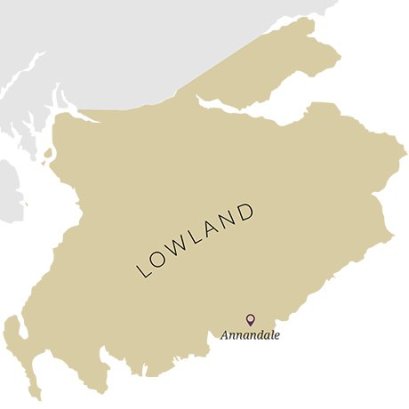
Costa Coffee used to be my favourite coffee shop. I went in most days for a large cappuccino or more recently flat whites.
But since they became health fascists trying to dictate what kind of milk we have I am falling out of love with them.
A few weeks ago a barista mentioned that they would only be serving semi-skinned milk in future, except for the flat white family which would still have full fat, whole milk.
They are doing this by stealth. There are no signs anywhere explaining their new policy. What happened to transparency and honesty?
I tweeted (the first of several) complaints to @CostaCoffee to be told by Natalia that there had been demand for semi-skimmed from customers and team members. Well Costa team members shouldn’t be dictating what customers want and many of us want whole milk.
Since then trying to get a coffee with whole milk has proved difficult and sometimes impossible.
Family members have experienced difficulty at several stores – Haslingden Tesco, Burnley Tesco, and Rawtenstall and Accrington Costa shops. I reported this to Costa to be told they were still adjusting delivery levels.
Well this morning they hadn’t done a very good job as after queuing for my flat white, I checked they had whole milk, to be told they hadn’t because head office hadn’t sent enough. So I walked out.
Sometimes staff miraculously find some as we walk away. Sometimes staff are borderline rude about our asking for it as if they know best.
 They say it’s part of a health drive. Don’t make me laugh! This country has an obesity problem and the coffee culture has a lot to answer for apparently.
They say it’s part of a health drive. Don’t make me laugh! This country has an obesity problem and the coffee culture has a lot to answer for apparently.
People are drinking more elaborate coffees (you with the syrup and the whipped cream for example) and have cakes on the side. Lots and lots of calories. And Costa is no different.When asked why they still serve people with sugary syrups and the like they say “those are extras”.
Milk provides a lot of nutrients — including a few that most people don’t get enough of, like vitamin D. Calcium is important for kids and teenagers who are still building bone and for adults who need to maintain the bone they have.
Although it’s lower in fat and calories, semi-skimmed milk also has lower levels of fat-soluble vitamins, including A and E, than whole milk, so children and grown-ups might be missing out on nutrition
Research from America found that people who drink whole milk have a lower risk of diabetes than those who don’t.
The 15-year-long study by Tufts University looked at 3,333 people aged between 30 and 75. The researchers found that people with high levels of three different by-products of full-fat dairy in their bodies had a 46% lower risk of diabetes mellitus than those who had low levels of dairy fat.
Dr Dariush Mozaffarian, whose findings were published in the journal Circulation, told Time: “I think these findings, together with those from other studies do call for a change in the policy of recommending only low-fat dairy products. There is no prospective human evidence that people who eat low-fat dairy do better than people who eat whole-fat dairy.”
As a psychologist I wonder if they are taking advantage of something called moral licensing. This is a phenomenon that causes people to overeat by giving them permission to indulge, the psychological tendency to indulge ourselves in one area of our life when we’re being good in another.
The phenomenon accounts for why many runners gain weight while training for a race. They expend more calories during their runs, but by rewarding themselves with indulgences throughout their day like an insulin-spiking post-workout “sports drink,” they ultimately negate many of the health benefits of exercise.
Some studies found participants who believed multivitamin pills provided significant health benefits also exercised less, were less likely to choose healthy food, and smoked more.
So having a skinny decaff latte (can you actually call that coffee?) doesn’t justify that syrup and whipped cream you are adding to it, and the sticky bun on the side.
Costa should rethink this policy. They are still selling syrup, whipped cream, marshmallows etc so they aren’t really serious about the health issues.
Furthermore they are foisting this on people unknowingly – not very honest. Why haven’t they put up signs or posted it on their web-sites?
There are half a dozen other coffee shops in the town centre. Costa shouldn’t take customers for granted.
 In Helen Russell’s new book “The Atlas of Happiness, the global secretes of how to be happy” she describes the way different countries see happiness and contentment.
In Helen Russell’s new book “The Atlas of Happiness, the global secretes of how to be happy” she describes the way different countries see happiness and contentment.










